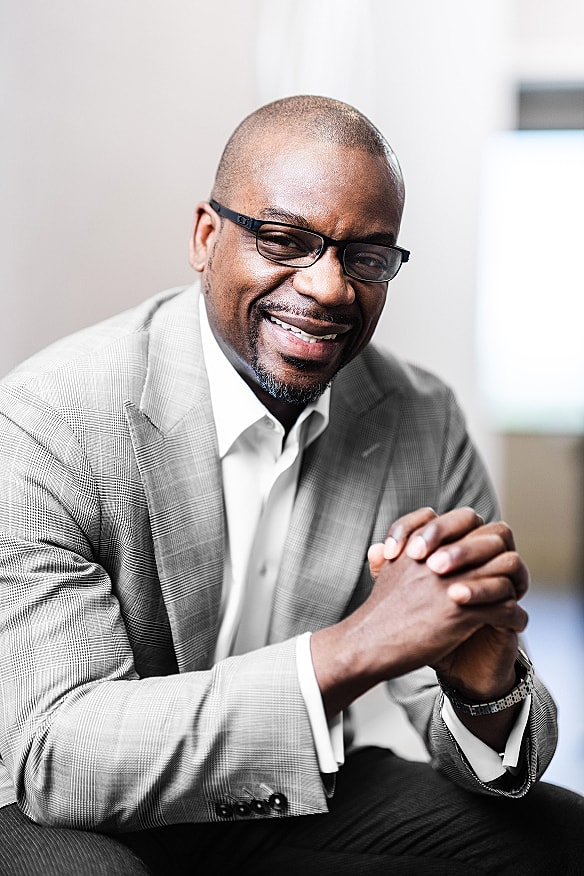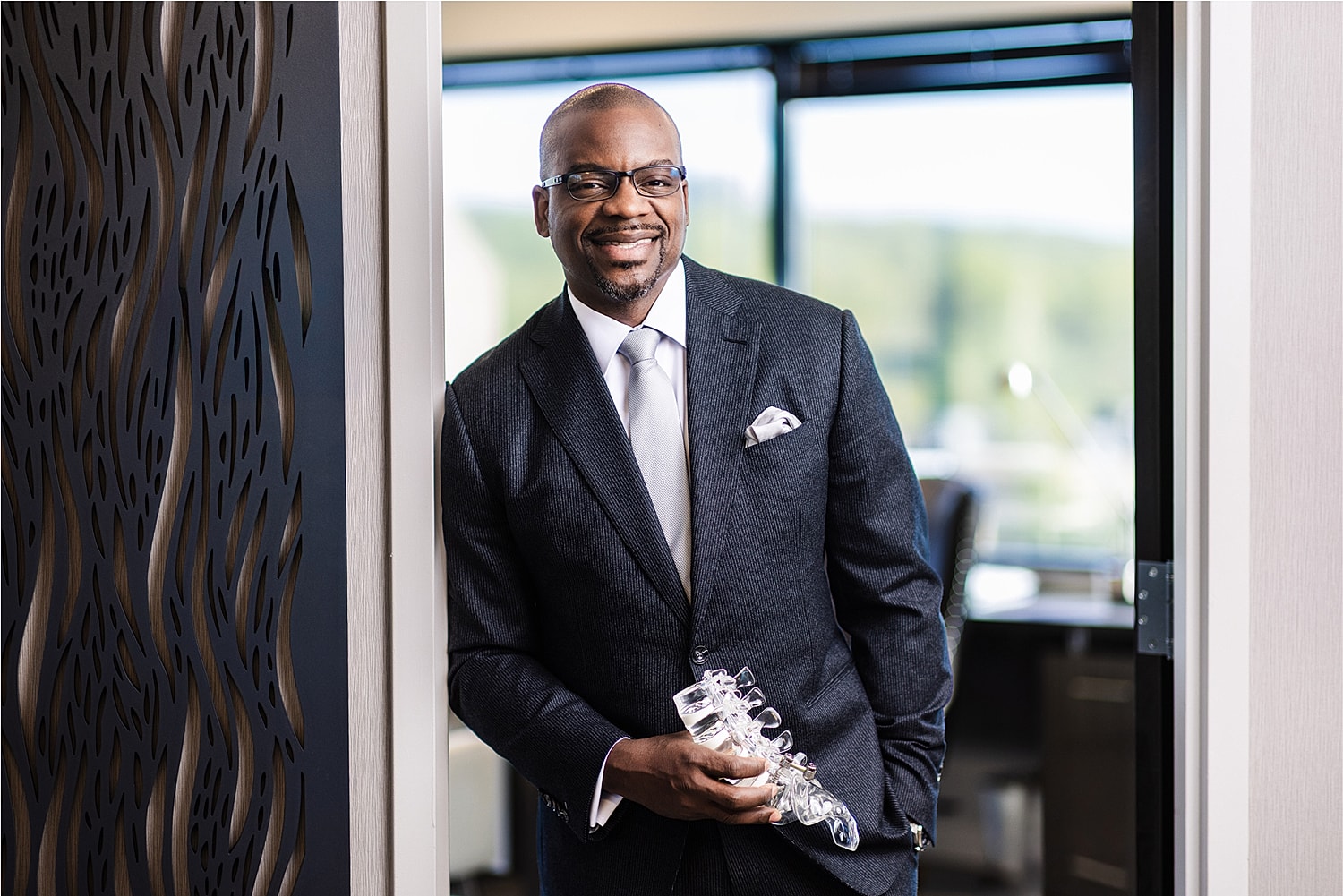
in New York & New Jersey
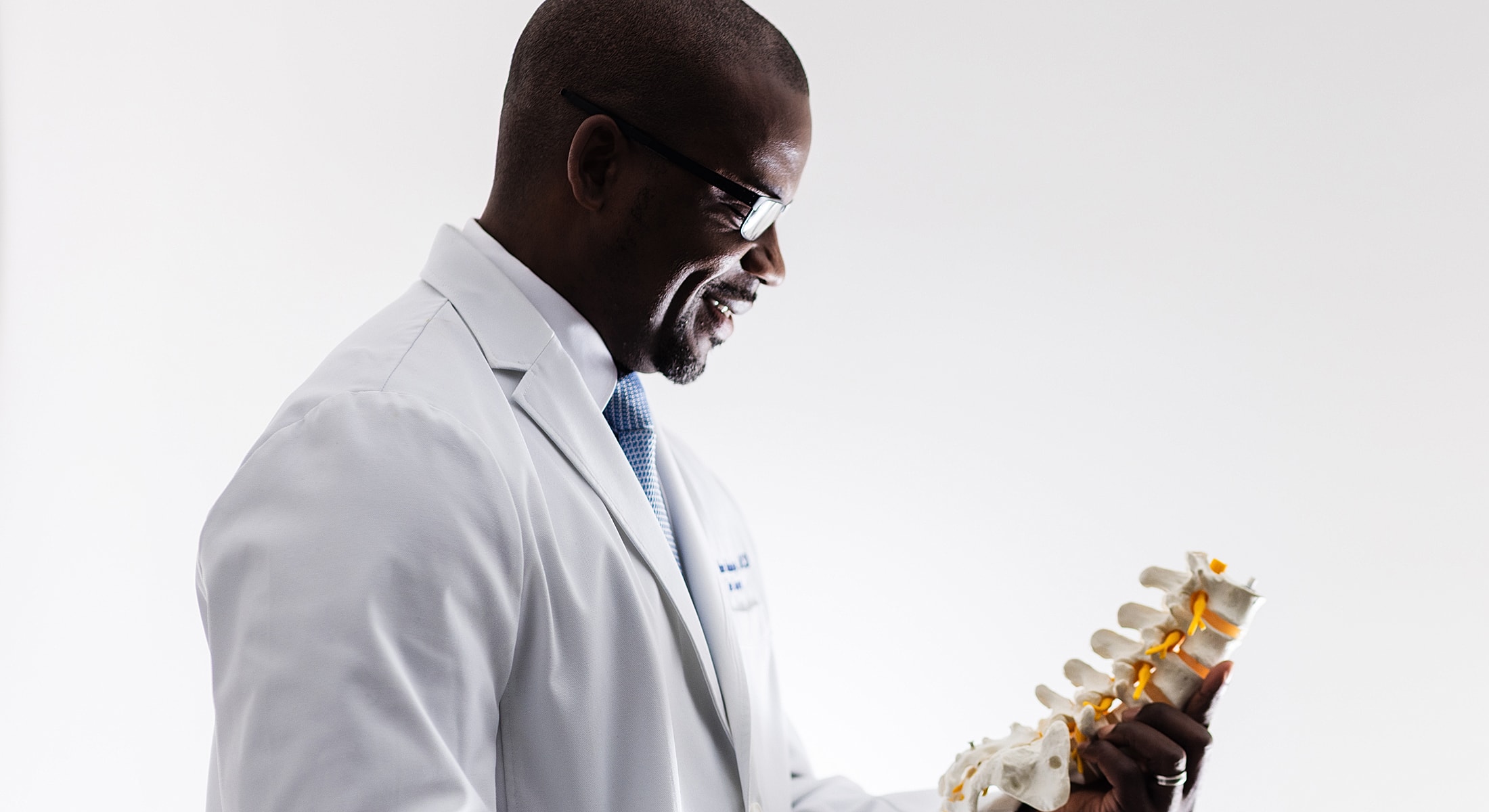

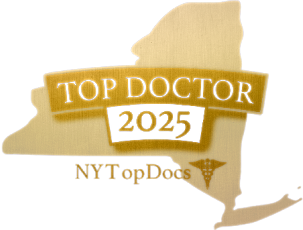

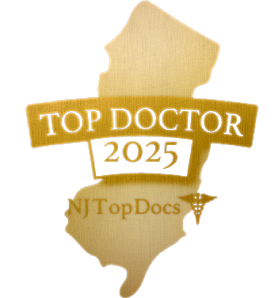

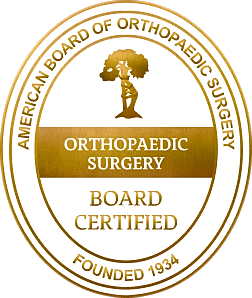

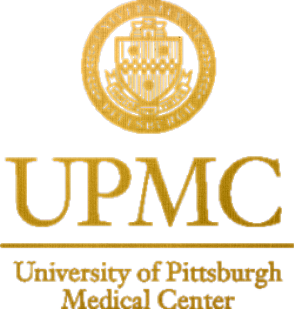








A herniated disc - sometimes called a “slipped” or “ruptured” disc - is one of the most common causes of back and neck pain.
It can happen suddenly or develop slowly over time, often causing symptoms that travel into the arms, legs, or hands. If you’ve been struggling with shooting pain, numbness, or weakness, you might be dealing with more than a muscle issue. At the Institute of Comprehensive Spine Care, we specialize in providing exceptional care and advanced herniated disc treatment options. Led by renowned spine surgeon Dr. Gbolahan Okubadejo, MD, FAAOS, our team is dedicated to delivering care tailored to each patient’s needs. With our expertise and experience, we are committed to helping you find relief from your herniated disc.
A herniated disc happens when the soft, jelly-like center of a spinal disc pushes through a crack in its tougher outer layer.
This can irritate or compress nearby nerves, leading to pain that radiates away from the spine. Over time, the discs may lose their elasticity and become more susceptible to damage. Injuries or excessive strain on the spine can also contribute to disc herniation. The symptoms of a herniated disc vary depending on the location and severity of the herniation. They can range from mild discomfort to intense pain, often radiating along the affected nerve pathway.

Not every herniated disc causes symptoms, but when nerve compression occurs, it can quickly interfere with daily movement, sleep, and quality of life.
Treatment for a herniated disc depends on various factors, including the location of the disc, the severity of symptoms, and overall health.
Non-surgical herniated disc treatment options focus on alleviating pain, reducing inflammation, and improving mobility and quality of life. In certain cases, surgery may be necessary. After your consultation for herniated disc treatment NYC & NJ spinal care staff, led by Dr. Okubadejo, will create a personalized treatment plan designed to address the specific characteristics of your herniated disc and optimize your chances of recovery.
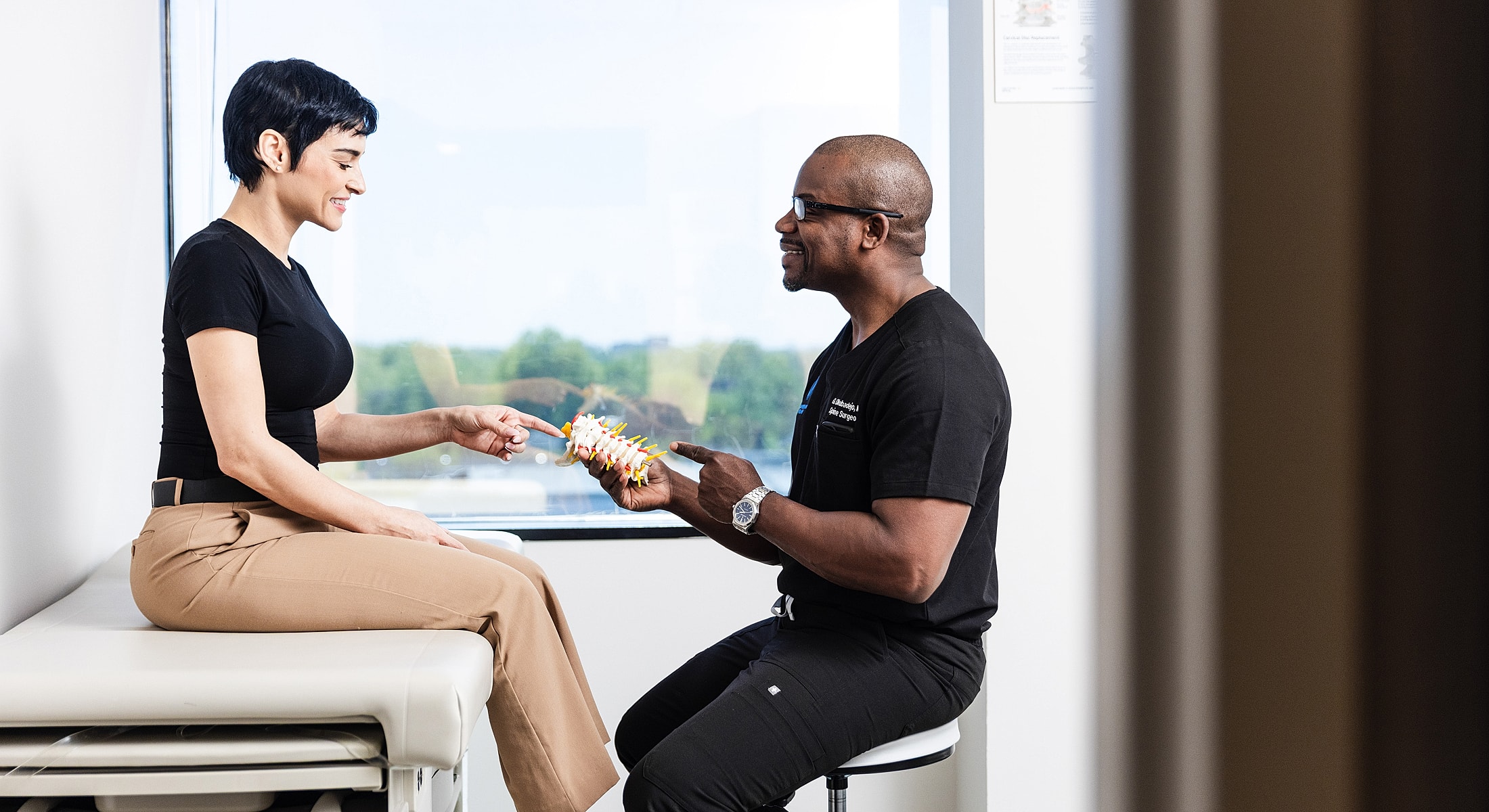

An accurate diagnosis is crucial to determining the best course of action. State-of-the-art diagnostic technologies are used to precisely assess the nature and severity of herniated discs. By combining these advanced tools with my extensive expertise, I can develop a personalized care plan that addresses your specific needs and goals.
These treatments focus on conservative and non-invasive approaches to alleviate pain and restore function.
Our success rates with non-surgical options are exceptional, allowing you to explore alternatives to surgery.
When surgical intervention is necessary, Dr. Okubadejo is a highly skilled and experienced spine surgeon who specializes in a range of surgical procedures
We prioritize patient safety and strive for optimal results, explaining the benefits, risks, and expected outcomes of each surgical option.
You may be a candidate if you’re experiencing:
Dr. Okubadejo will guide you through both surgical and non-surgical options, based on your health, lifestyle, and treatment goals.
Dr. Gbolahan Okubadejo is a spine surgeon in the NY/NJ metropolitan area, heading The Institute for Comprehensive Spine Care.
He is dedicated to delivering exceptional, patient-centered care. In addition to his clinical practice, Dr. Okubadejo is actively involved in research and has been recognized with numerous awards. He champions preventive care and minimally invasive procedures, prioritizing patient education and shared decision-making.
The improved quality of life shown by our past patients through their testimonials demonstrates our commitment to positive outcomes and patient satisfaction.
★★★★★
Recovery varies depending on the treatment approach. For most patients undergoing non-surgical care, improvement is seen in 4-8 weeks with therapy, medication, and lifestyle changes.
If you require a procedure like a microdiscectomy or disc replacement, recovery often includes:
At The Institute for Comprehensive Spinal Care, we recognize the significant consequences of herniated discs on your everyday life. Whether it hampers your work, limits your physical activities, or prevents you from living without pain, we are dedicated to offering the tailored treatment you require to alleviate this condition.

With accurate diagnosis and consistent care, patients often experience:
Our goal is not just to reduce your symptoms - but to help you feel like yourself again.
With multiple locations in NY and NJ, the Institute for Comprehensive Spine Care is dedicated to providing comprehensive solutions for individuals suffering from a herniated disc.
Our experienced team carefully evaluates each patient's herniated disc condition and develops a customized treatment strategy based on your specific symptoms and diagnostic findings. We offer comprehensive herniated disc treatment options ranging from conservative approaches like physical therapy, epidural injections, and medication management, to advanced surgical procedures including microdiscectomy, laminectomy, and artificial disc replacement when necessary. Accurate diagnosis forms the foundation of effective herniated disc treatment. We employ cutting-edge diagnostic imaging including MRI scans, CT imaging, and detailed physical examinations to determine the exact location of your disc herniation and assess how it's affecting surrounding nerve structures. This thorough evaluation enables us to create a targeted treatment plan that addresses your unique condition and recovery goals.
Don't let a herniated disc continue to disrupt your daily routine or rob you of the activities you enjoy. Take the first step toward recovery by scheduling a consultation with our herniated disc specialists today. Our commitment to evidence-based herniated disc treatment, combined with our compassionate patient care, ensures you receive the most effective approach for your specific situation. We're dedicated to guiding you through every step of your healing process and helping you return to a more comfortable, active lifestyle.
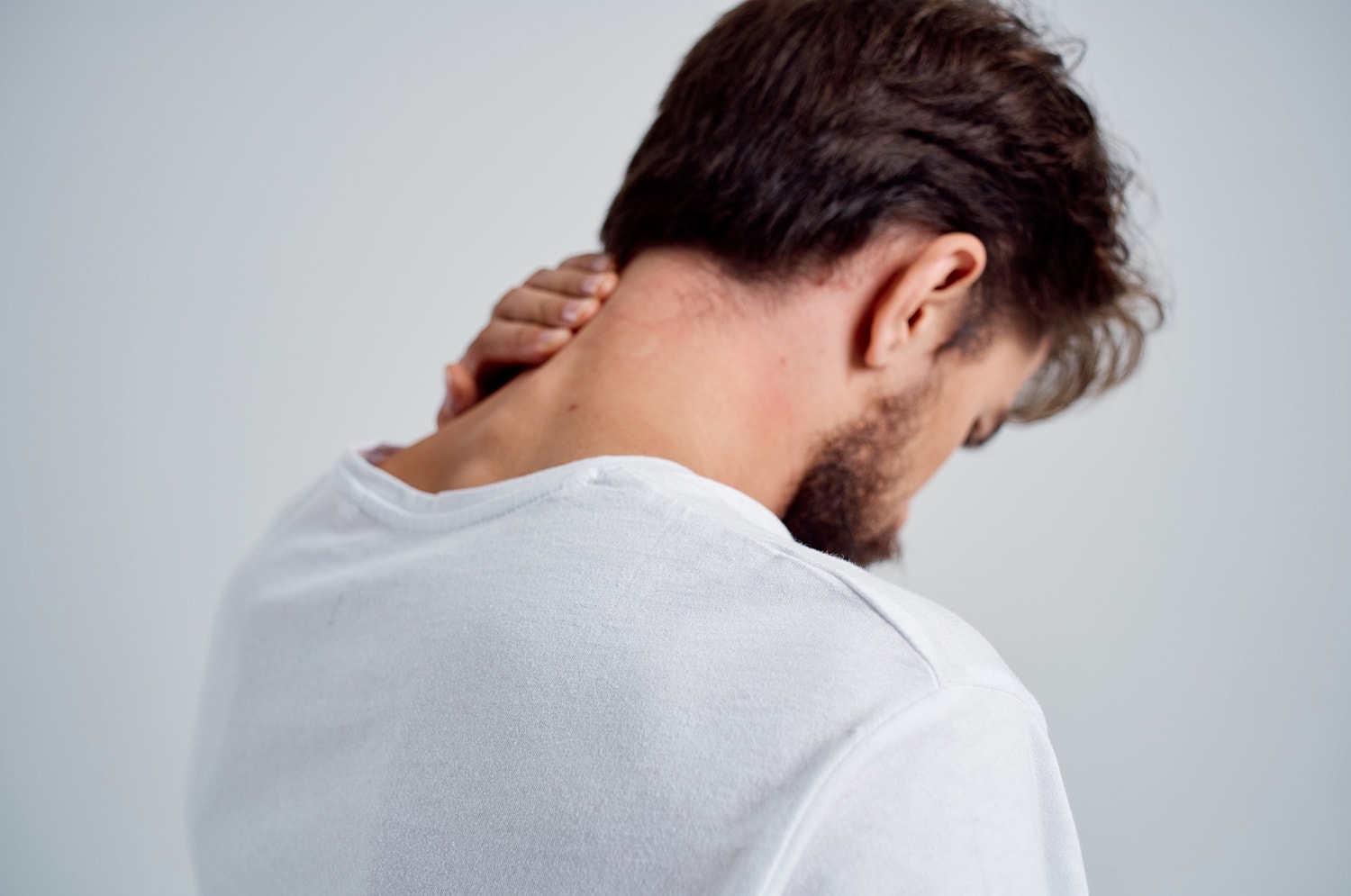
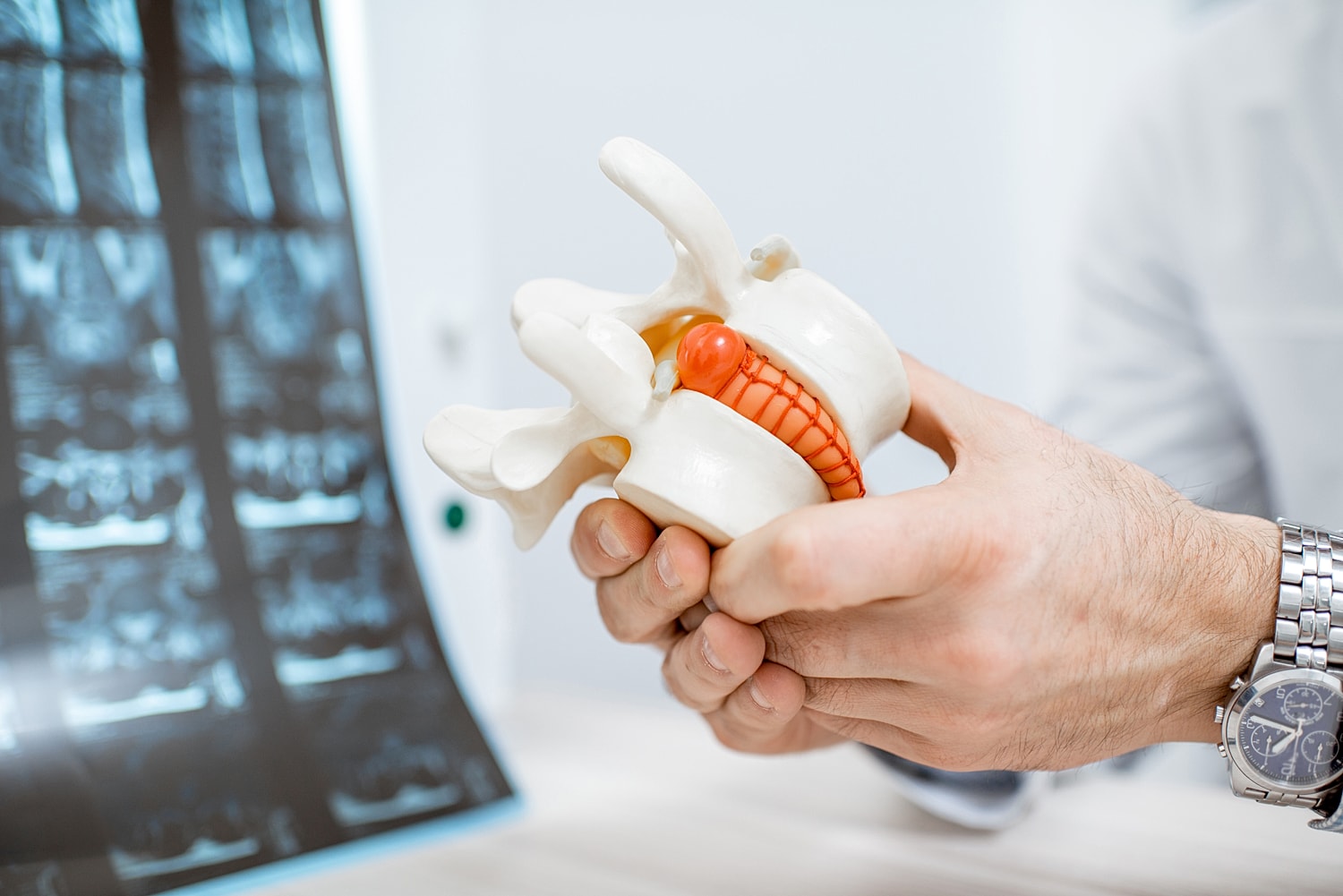
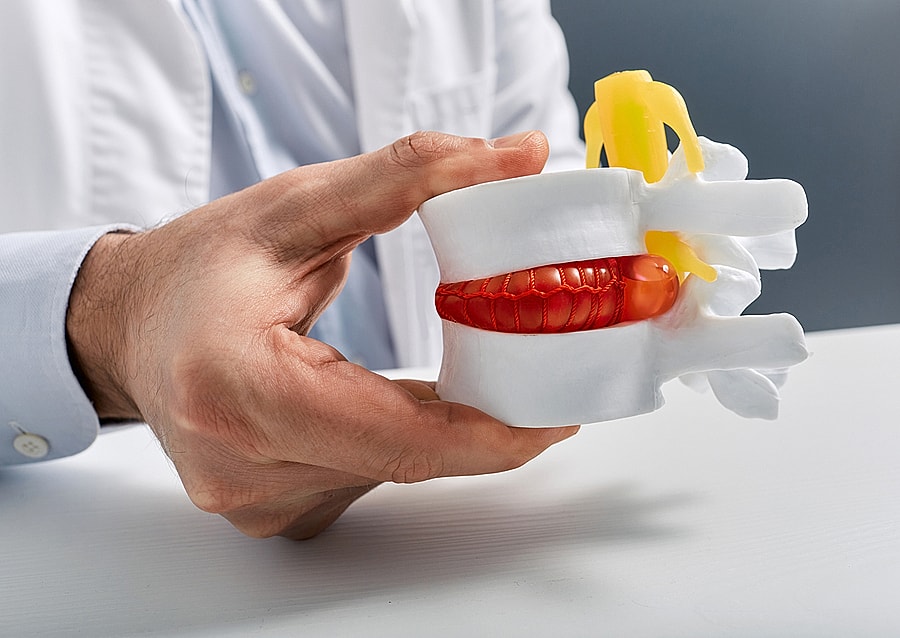

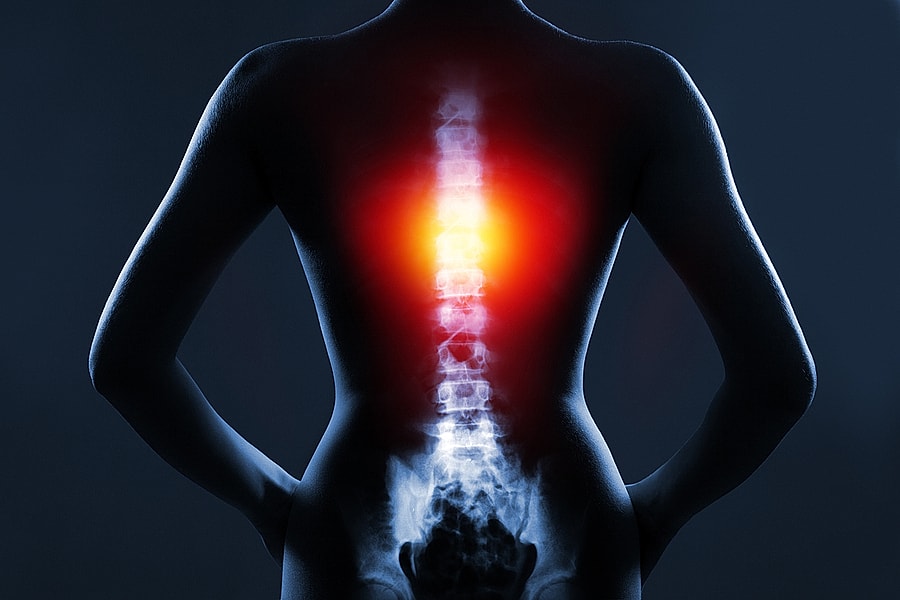

Herniated discs can result from a variety of factors, including age-related wear and tear, sudden injury or trauma to the spine, repetitive strain on the spine, or improper lifting techniques. Certain risk factors, such as obesity, smoking, and a sedentary lifestyle, can increase the likelihood of developing a herniated disc.
Symptoms of a herniated disc vary depending on the location and severity of the condition. Common symptoms include back or neck pain, radiating pain down the arms or legs, numbness, tingling sensations, muscle weakness, and difficulty with movement or coordination.
While it may not be possible to completely prevent a herniated disc, certain lifestyle choices and practices can help reduce the risk. Maintaining good posture, practicing proper lifting techniques, engaging in regular exercise to strengthen the back and core muscles, and avoiding repetitive movements that strain the spine can all contribute to spinal health.
In some cases, a herniated disc can heal on its own with conservative treatments. Non-surgical approaches like physical therapy, medication, and lifestyle modifications can help alleviate symptoms and promote natural healing. However, it's important to note that each case is unique, and surgery may be necessary for some individuals if symptoms persist or worsen.
The long-term effects of herniated disc treatment can vary depending on several factors, including the specific procedure performed, the patient's overall health, and their commitment to post-operative care. In many cases, herniated disc surgery provides long-lasting relief from symptoms. However, it's important to continue practicing healthy habits, such as maintaining good posture and engaging in regular exercise, to help prevent future spine problems.
While surgery can effectively treat a herniated disc, there is always a possibility of recurrence. Following proper post-operative care, including maintaining a healthy lifestyle, practicing good posture, and avoiding excessive strain on the spine, can help reduce the risk of future disc herniation.


